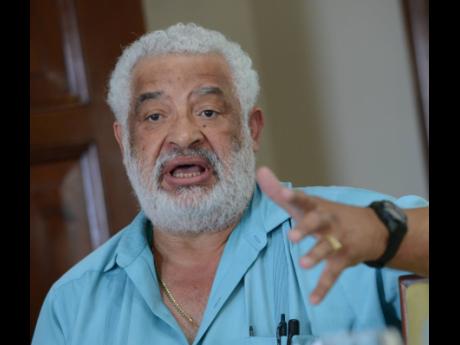Athletes, mind your whereabouts, says Wright
Sports medicine specialist Dr Paul Wright is imploring Jamaican athletes to take their whereabouts documentation for drugs testing into their own hands as they may not be as lucky as American speedster Christian Coleman.
On Monday, the United States Anti-Doping Agency (USADA) freed Coleman of doping violations because of a technicality.
Coleman was facing a possible two-year ban after it was reported that he missed three doping tests over a 12 month period. But it was revealed that the World Anti-Doping Agency’s (WADA) interpretation of the rule backdated his first failure to April 1, 2018, instead of the date it actually occurred, June 6, 2018. His final failure was April 26, 2019. USADA said Monday that because there weren’t three failures within 12 months, it would not pursue the case.
But Wright warns that not everyone will be as lucky as Coleman to get off on a technicality and implored athletes to fill out their whereabouts themselves.
“Many of our athletes rely on others to fill out their whereabouts forms for them, and sometimes these persons forget to do it, and that cannot be used as an excuse,” Wright said.
Athletes who are part of the WADA testing pool, are required to submit their whereabouts for one hour of each day to be available for drug testing. WADA allows athletes’ agents, or other representatives, to submit their whereabouts on their behalf. If an athlete misses three whereabouts tests over a 12-month period, he or she is considered to have committed a doping violation.
“Some countries try to find a loophole because they want the best representation at the championships, but I don’t think that is where we should be going,” Wright said.
Jamaican cricketer André Russell was given a one-year ban for a similar whereabouts violation in 2017.

